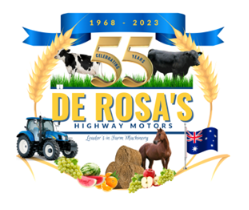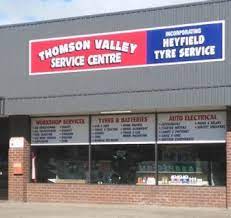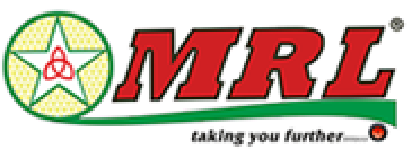Different types of agricultural tyres can protect the soil in various ways and contribute to increased productivity in market gardens. Here are some examples:
- Radial tyres: Radial tyres have a wider footprint and lower pressure distribution, which can reduce soil compaction and damage to the soil structure. This can lead to improved soil health and better crop yields.
- Low-pressure tyres: Low-pressure tyres are designed to operate at a lower pressure than standard tyres, which can further reduce soil compaction and minimise damage to the soil structure. This can improve soil fertility and reduce the risk of erosion.
- Flotation tyres: Flotation tyres are designed to distribute the weight of the equipment more evenly over a wider area, which can reduce soil compaction and minimise soil disturbance. This can improve soil health and reduce the risk of erosion.
- Wide tyres: Wide tyres have a larger surface area in contact with the ground, which can reduce soil compaction and minimise soil disturbance. This can improve soil health and increase the effectiveness of irrigation and other soil management techniques.
- Dual tyres: Dual tyres are used to distribute the weight of the equipment over a larger area, which can reduce soil compaction and minimise soil disturbance. This can improve soil health and increase crop yields.
In summary, choosing the right agricultural tyre can help protect the soil in your market garden by reducing soil compaction, minimising soil disturbance, and improving soil health. This can lead to increased productivity, better crop yields, and a more sustainable farming operation.











